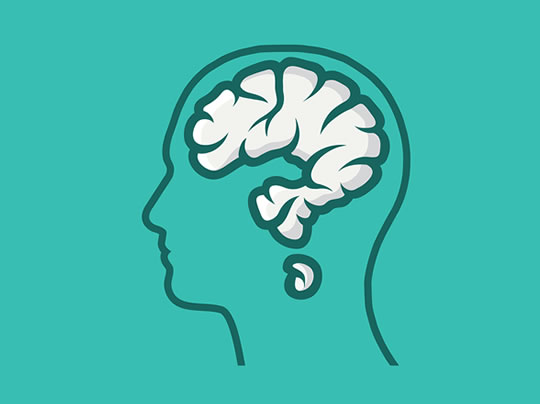Workaholics are two or three times more likely to suffer these psychiatric disorders.
People who are workaholics are also more likely to experience other psychiatric disorders, new research finds.
Workaholism often co-occurs with OCD, ADHD, depression and anxiety.
The conclusions come from a very large study of 16,426 adults in Norway.
Dr Cecilie Schou Andreassen, the study’s first author, said:
“Workaholics scored higher on all the psychiatric symptoms than non-workaholics.
Thus, taking work to the extreme may be a sign of deeper psychological or emotional issues.
Whether this reflects overlapping genetic vulnerabilities, disorders leading to workaholism or, conversely, workaholism causing such disorders, remain uncertain.”
7 signs of workaholism
Rate of these on a scale of 1 (never) to 5 (always).
- You think of how you can free up more time to work.
- You spend much more time working than initially intended.
- You work in order to reduce feelings of guilt, anxiety, helplessness or depression.
- You have been told by others to cut down on work without listening to them.
- You become stressed if you are prohibited from working.
- You deprioritize hobbies, leisure activities, and/or exercise because of your work.
- You work so much that it has negatively influenced your health.
Scoring a 4 (often) or 5 (always) on four or more of these statements indicates a workaholic.
Some of the highlights of the findings include:
- 32.7 per cent met ADHD criteria (12.7 per cent among non-workaholics).
- 25.6 per cent OCD criteria (8.7 per cent among non-workaholics).
- 33.8 per cent met anxiety criteria (11.9 per cent among non-workaholics).
- 8.9 per cent met depression criteria (2.6 per cent among non-workaholics).
Dr Andreassen concluded:
“In wait for more research, physicians should not take for granted that a seemingly successful workaholic does not have ADHD-related or other clinical features.
Their considerations affect both the identification and treatment of these disorders.”
The study was published in the journal PLOS One (Andreassen et al., 2016).










